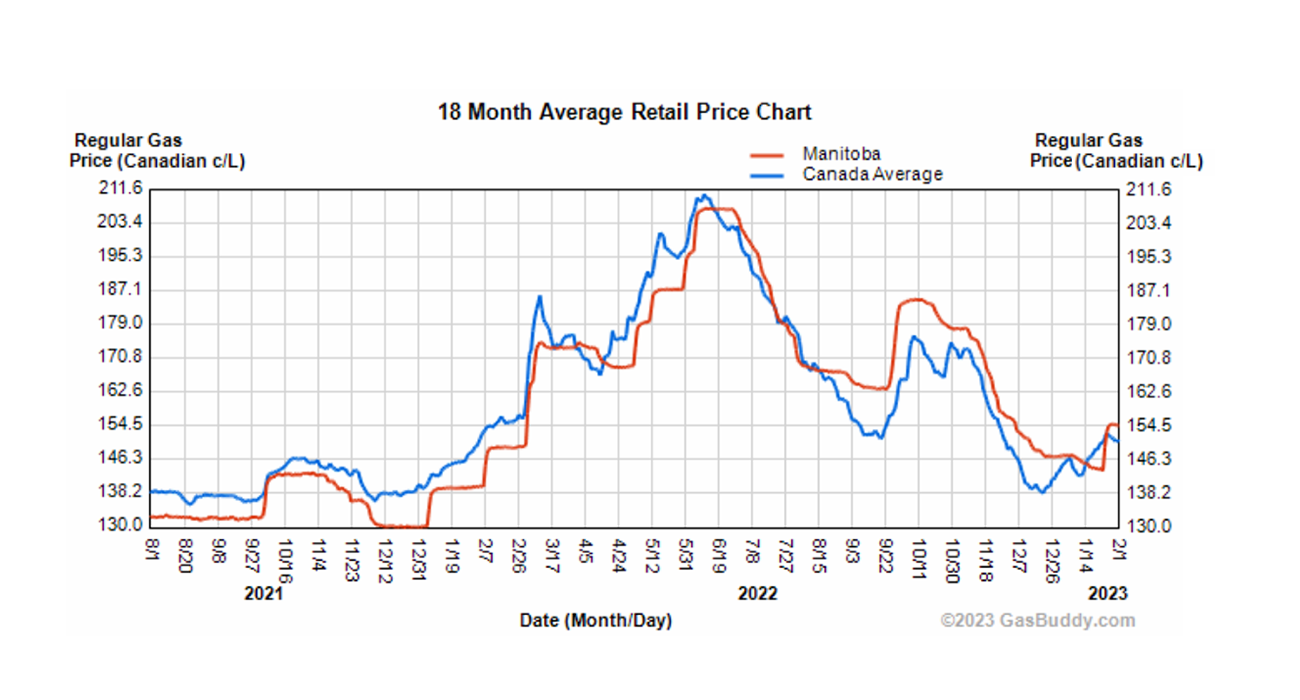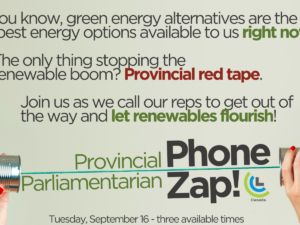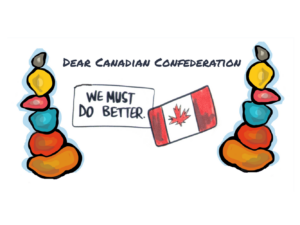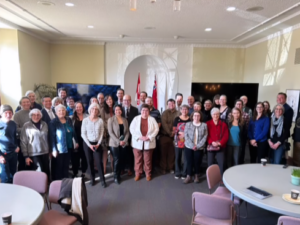
(Winnipeg): Ten Manitobans from three Citizens’ Climate Lobby chapters spoke over the weekend about the Carbon Tax Relief Fund announcement last week. They concluded the announcement misses the mark in two key areas. First, the announcement states rising winter costs are from inflation and the federal carbon tax, and the latter is harming Manitobans. In fact, though the Consumer Price Index in Canada is rising, the causes of inflation are complex. Experts agree the main factors are the pandemic, factory closures, and the war in Ukraine. Whereas under Canada’s carbon pricing system, also known as the Greenhouse Gas Pollution Pricing Act, fuel charge rates add $0.11 per litre of gasoline or 7% of the cost at the pump, right now, the price of gasoline is $1.55 – down from $2.00 last summer – according to the Gas Buddy website. Clearly, the carbon tax is not the cause of rising costs this winter. “What the carbon fee and dividend policy will do, is steer markets away from polluting fossil fuels without burdening the taxpayer,” says Rebecca van Otterloo from Dauphin. More importantly, this pricing system sends out a rebate four times per year! It’s called the Climate Action Incentive. For most Manitobans it either matches or exceeds the amount paid in carbon fees. “Visit fairpathforward.ca to see what the rebate amounts are”, suggests Riley Bestvater from Winnipeg. Secondly, the announcement states that the Carbon Tax Relief Fund – a one-time payment – will help families make ends meet by giving money to Manitobans with annual net or after-tax income of $175,000. In fact, the median net income in Manitoba is $63,000, with a poverty line of $49,000. Almost 7% of Manitobans are low income and 1% are high income earning over $250,000 per year. “Those with low income are the ones struggling just to eat and pay rent; they should be targeted” says Molly McCracken of Making Poverty History. “If this money is for those hardest hit by inflation, why does it include folks whose net income is $175,000”, wonders Kelsey Brown from Souris. “In addition, nowhere on the Helping Manitobans website, does it explain what this $200 million expense will mean for other provincial programs, think cuts to health, education and/or infrastructure,” says Esther Fyk from Dauphin. While Citizens’ Climate Lobby Manitoba members appreciate the possible motivation behind the gesture, to truly help Manitobans, they wish this money would have been spent differently. “The $200 million might have been better invested in public and active transit, in alternative home heating options like heat pumps and solar panels, and in rebates for EV and hybrid vehicles” suggests Eric Sauerborn from Brandon. “These actions will help Canada meet its carbon emission reduction targets, keep the planet below 1.5 degrees of warming, and save Manitobans money in the long run.” “The cost of living is going to continue to rise as the climate changes, think food shortages and more natural disasters”, says Emma Power from Winnipeg. “We must cut emissions now.” CCL Canada is a volunteer-driven and non-partisan organization. Since 2010, we have been focused on advocating for an incrementally increasing price on carbon pollution, with 100% of the revenue returned directly and equitably back to citizens. To date, we have 42 active chapters covering over 120 ridings across the country and have met with government officials over 1300 times. Find more about us here: https://canada.citizensclimatelobby.org/ ################Climate Lobbyists React to Carbon Tax Relief Fund Announcement
FOR IMMEDIATE RELEASE: February 1, 2023
Media Contact: Virginia Cail, virginiacail3993@gmail.com, 204-647-0160












